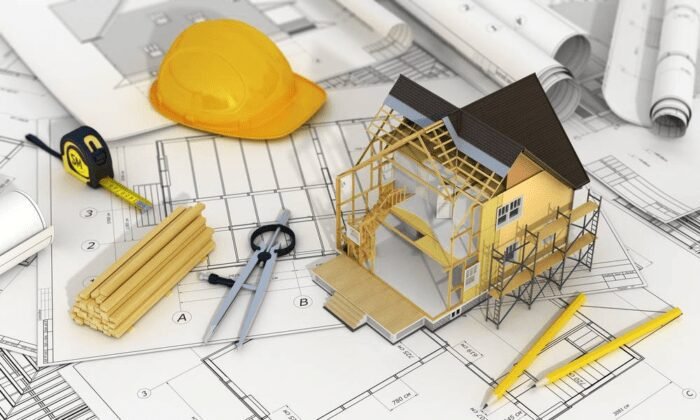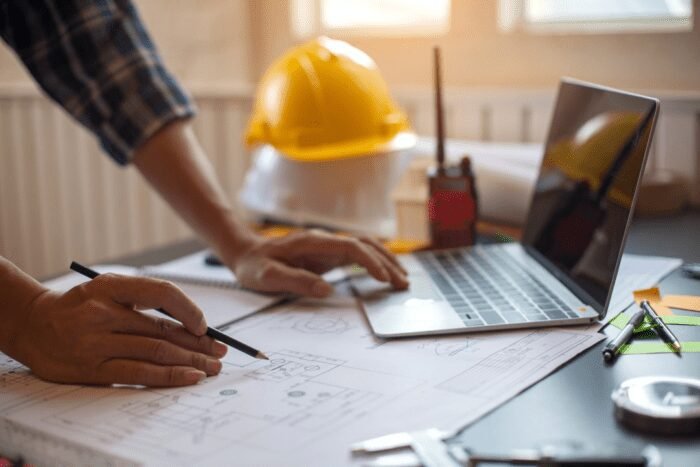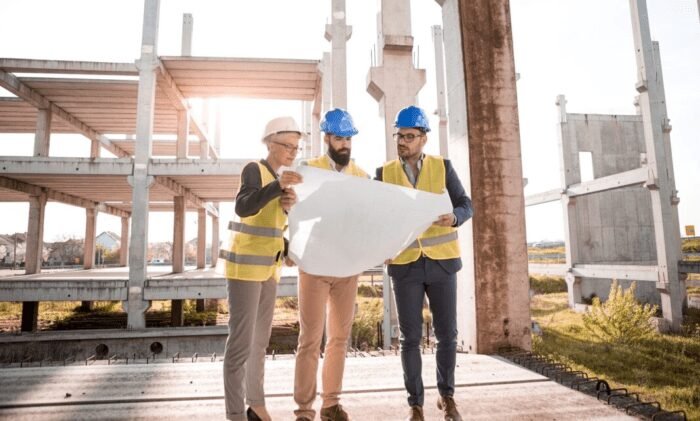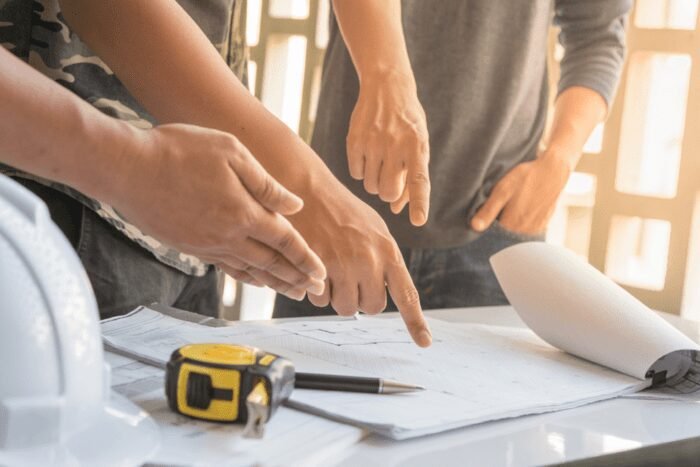Factors to Consider When Planning Commercial Construction

Factors to Consider When Planning Commercial Construction
Commercial construction projects require careful planning and consideration to ensure successful outcomes. From selecting the right location to managing costs and adhering to regulations, there are several factors that need to be taken into account. In this article, we will explore the key factors that should be considered when planning a commercial construction project.
Table of Contents
- Introduction
- Defining the Purpose and Scope
- Choosing the Right Location
- Conducting a Feasibility Study
- Establishing a Realistic Budget
- Securing Financing Options
- Hiring an Experienced Design Team
- Obtaining Permits and Approvals
- Setting Realistic Timelines
- Implementing Sustainable Construction Practices
- Managing Risk and Safety
- Monitoring and Controlling the Project
- Collaborating with Contractors and Subcontractors
- Ensuring Quality Control
- Conclusion
- FAQs
1. Introduction
Commercial construction projects involve the creation or renovation of buildings such as offices, retail spaces, hotels, or industrial facilities. These projects require careful planning and attention to detail to ensure that the end result meets the needs of the client and complies with relevant regulations.

2. Defining the Purpose and Scope
Before diving into a commercial construction project, it is essential to define its purpose and scope. This involves clearly identifying the goals, objectives, and desired outcomes of the project. It is important to consider factors such as the intended use of the building, the target audience, and any specific requirements or constraints.
3. Choosing the Right Location
The location of a commercial construction project plays a crucial role in its success. Factors to consider when selecting a location include accessibility, proximity to target markets, availability of resources, and zoning regulations. A thorough analysis of potential locations should be conducted to ensure that the chosen site aligns with the project’s goals.
4. Conducting a Feasibility Study
A feasibility study helps assess the viability of a commercial construction project. It involves evaluating various aspects, including market demand, financial feasibility, site conditions, and legal considerations. By conducting a thorough feasibility study, potential risks and challenges can be identified early on, allowing for appropriate adjustments to the project plan.
5. Establishing a Realistic Budget
Setting a realistic budget is crucial in commercial construction projects. It involves estimating the costs associated with various elements, such as land acquisition, design, materials, labor, permits, and contingencies. A comprehensive budget should be developed, taking into account potential cost overruns and unforeseen circumstances.
6. Securing Financing Options
Commercial construction projects often require substantial financial resources. It is important to explore and secure appropriate financing options. This may involve engaging with banks, investors, or other financial institutions. The chosen financing strategy should align with the project’s financial feasibility and long-term goals.

7. Hiring an Experienced Design Team
Engaging an experienced design team is vital for the success of a commercial construction project. Architects, engineers, and other design professionals play a critical role in translating the project’s vision into a functional and aesthetically pleasing space. Collaborating with a knowledgeable and reputable design team ensures that the project meets technical requirements, building codes, and industry standards.
8. Obtaining Permits and Approvals
Compliance with local regulations and obtaining necessary permits and approvals is essential in commercial construction. This includes adhering to zoning regulations, environmental requirements, and safety standards. Engaging with the relevant authorities and obtaining all required permits and approvals in a timely manner helps prevent delays and potential legal issues.
9. Setting Realistic Timelines
Developing a realistic timeline is key to successful project management. Commercial construction projects involve various stages, from design and pre-construction to construction and post-construction activities. Each stage should be carefully planned, and milestones should be established to track progress and ensure timely completion.

10. Implementing Sustainable Construction Practices
In today’s environmentally conscious world, incorporating sustainable construction practices is crucial. Designing and constructing energy-efficient buildings, using environmentally friendly materials, and implementing waste management strategies contribute to a more sustainable future. Integrating sustainability into commercial construction projects not only benefits the environment but can also lead to cost savings and improved occupant satisfaction.
11. Managing Risk and Safety
Risk management and safety protocols should be a priority throughout the construction process. Identifying potential risks and implementing measures to mitigate them helps minimize accidents, delays, and financial losses. Maintaining a safe working environment is crucial for the well-being of workers and the successful execution of the project.
12. Monitoring and Controlling the Project
Regular monitoring and control are necessary to ensure that a commercial construction project stays on track. This involves tracking progress, identifying deviations from the plan, and implementing corrective actions when needed. Effective project management tools and techniques should be employed to monitor costs, schedules, and quality.
13. Collaborating with Contractors and Subcontractors
Collaboration with contractors and subcontractors is vital in commercial construction projects. Clear communication, defined roles and responsibilities, and effective coordination among all stakeholders are essential for smooth project execution. Building strong relationships with reliable contractors and subcontractors contributes to the overall success of the project.

14. Ensuring Quality Control
Maintaining high-quality standards is crucial in commercial construction. Regular inspections, quality assurance measures, and adherence to industry standards help ensure that the end result meets the desired quality. Implementing a comprehensive quality control plan and engaging with experienced professionals contribute to the overall success and client satisfaction.
15. Conclusion
Planning a commercial construction project involves numerous factors that need to be carefully considered. From defining the purpose and scope to ensuring quality control, each step plays a crucial role in the project’s success. By paying attention to these factors, project stakeholders can minimize risks, optimize outcomes, and deliver a commercial space that meets the needs of its users.
FAQs
1. What are the key factors to consider when planning commercial construction? When planning commercial construction, key factors to consider include defining the purpose and scope, choosing the right location, conducting a feasibility study, establishing a realistic budget, securing financing options, hiring an experienced design team, obtaining permits and approvals, setting realistic timelines, implementing sustainable construction practices, managing risk and safety, monitoring and controlling the project, collaborating with contractors and subcontractors, and ensuring quality control.
2. Why is location important in commercial construction? The location of a commercial construction project is important because it affects accessibility, proximity to target markets, availability of resources, and compliance with zoning regulations. Choosing the right location ensures that the project aligns with its goals and maximizes its potential for success.
3. How can I ensure the quality of a commercial construction project? To ensure the quality of a commercial construction project, you should implement a comprehensive quality control plan, conduct regular inspections, adhere to industry standards, and collaborate with experienced professionals. These measures help maintain high-quality standards and deliver a satisfactory end result.








